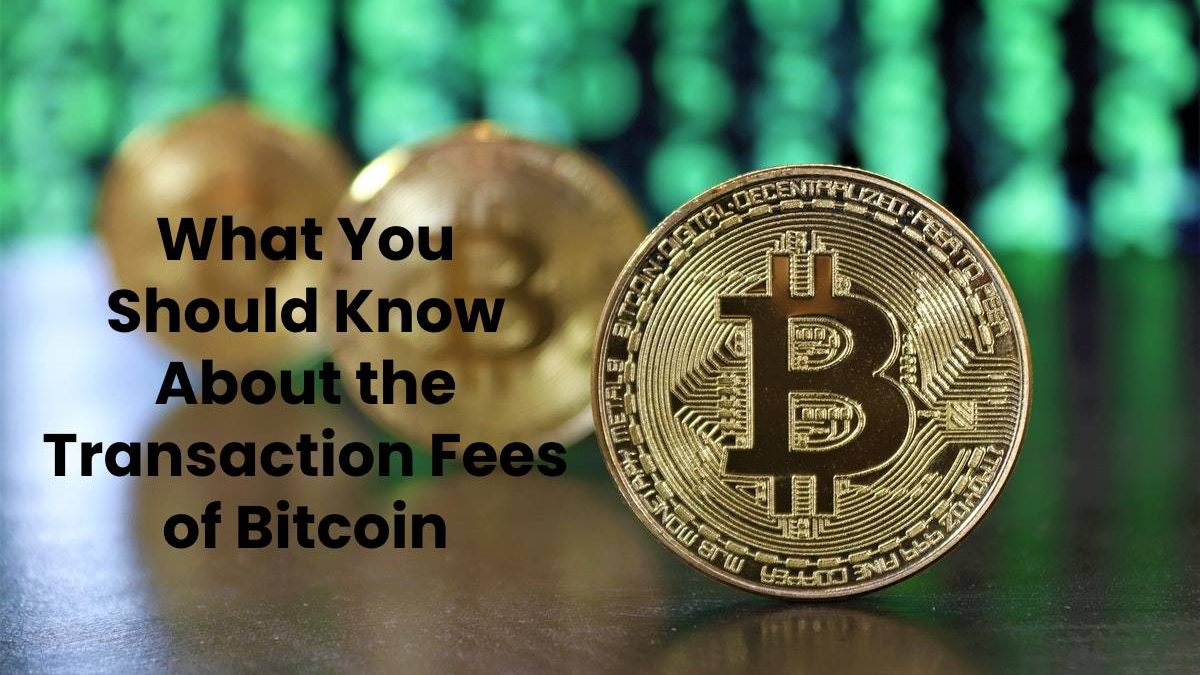Transaction Fees of Bitcoin
Bitcoin seems to be one of the most valuable cryptocurrencies right now, with a price that exceeds $60,000 and a market cap of over $1 trillion. It’s actually the fastest asset ever to reach this milestone. In comparison, Google needed approximately 21 years to hit a market cap of $1.5 trillion.
There are a lot of advantages to investing in BTC beyond its value. Some of them are swift BTC transactions, anonymous identity, but the transaction fees also play an important role that has propelled the growth of the cryptocurrency. Here we take a look at BTC transactions and everything you should know about them as an investor.
How BTC Transactions Are Calculated
The cost of BTC transactions is calculated based on two factors – the priority of the transaction and the computing power of the network. The miners add blocks of transactions, and for validating the transactions, they receive a block reward estimated at 6.25 BTC. Plus, they get transaction fees for investing time, effort, electricity, and computing power into completing this vital task when a BTC transaction is added initially to a mempool (also known as memory pool).
The transaction with higher fees is at an advantage because the miners will choose them first over the rest of the BTC transaction. When it comes to the traffic on the network, as one block of transactions encompasses 1 MB of information, there is a restriction to the number of BTC transactions that can be added to a specific block.
So, when there is an increasing number of people that are making BTC transactions, the transaction fees might go up, as users are willing to pay more to have their BTC tractions quickly processed on the network.
Hence, this is an important factor to take into consideration, especially if you’re trading online and you are buying BTC, selling it for other currencies, or exchanging fiat currencies for cryptocurrencies. You need to add the transaction fees when it comes to the overall profit you’re looking to earn;
Fortunately, there are plenty of trading sites that not only make trading easier and less complicated for newbies they also don’t charge fees for trading on their platform. For example, on the official website of Bitcoin Digital you can earn up to $800 on a daily basis, without a serious manual input. What’s more this is an AI trading platform that is adapting quickly to chaining market conditions. If you want to become a member, you can register by depositing $250, and there are comprehensive resources to help you learn about online crypto trading.
Transactions Fees Going Down
The good news is that due to the increasing popularity of Bitcoin, the transaction fees are going down. More specifically, Bitcoin transactions have declined by 89%, and the average fee is $0.66. The reason why transaction fees might increase or decline is the amount of traffic on the network. When the competition arises, so do the transaction fees on the network, especially when Bitcoin’s price is skyrocketing, and there are prominent institutional investors taking part in BTC trading.
But, now the transaction fees are going down also due to the possibility of miners (mining farms and pools) that are implementing a technology called ‘batching,’ which features an option to add multiple transactions into one.
The Last Bitcoin
Another factor that prompts the increase in the transaction fees is the absence of a block reward. The block reward will cease to exist when the last Bitcoin is mined, and so far, 80% of the total quantity of BTC (21 million BTC) is mined.
Due to the design of the blockchain network which is a peer to peer-based , distributed ledger that functions based on the work of the miners, it is vital to keep rewarding the miners when there are no block rewards anymore. So, naturally, the transaction fees will go up and make BTC trading more expensive because still, we need to compensate the costs of mining.

